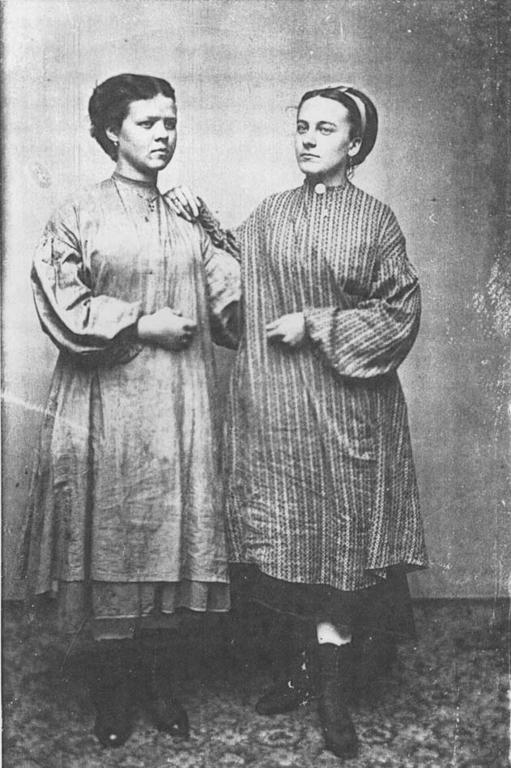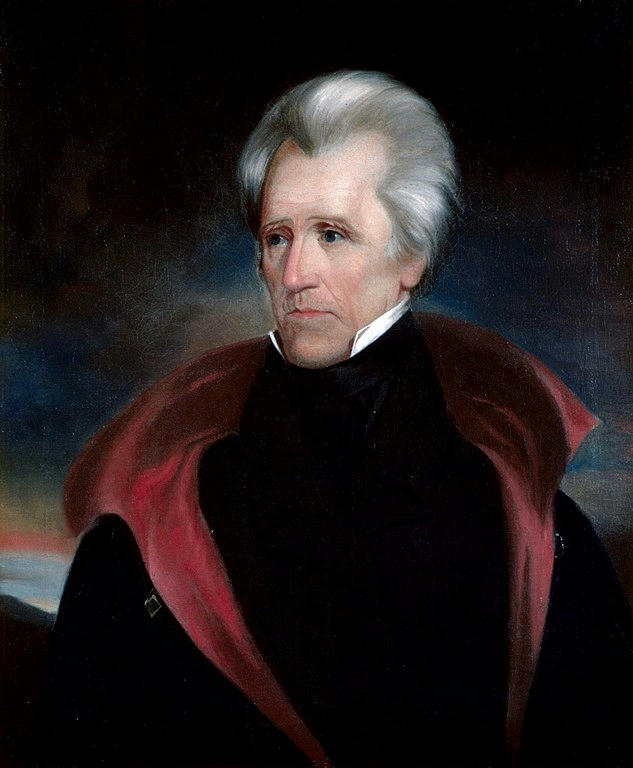Assignment Seven
Evaluating Three Primary Sources
Deadline 4/17, 80 points
|
What arguments did Andrew Jackson use to support the Indian Removal Act? What techniques did he use to support them? What criticisms did Brownson use against the Lowell system? How did the women respond?
Description During the time period we are discussing, about the only way to reach a large group of people with a single message was through printed matter. It was also a time of very rapid change in America. This meant the ability to persuade people, through written material was critical - if you wanted people to agree with your position. We are going to look at two primary sources from this time and evaluate how the authors used their messages to sway public opinion. Objectives Students will identify and describe the persuasive techniques used in the documents that accompany this assignment. Students will create methods for identifying similar types of arguments as we begin to evluate the issue of slavery. Special instructions First, read the article about persuasive techniques. Hopefully some of the images will make you smile and think a bit. Second, read through the three primary sources located at the bottom of this column. Third, create three charts, one about each primary source below. Each chart should identify uses of the persuasive techniques listed below. along with the support you found for your opinion from the primary sources. This assignment will be added at the bottom of Google doc being used during the school closure this week. Your chart should look something like these - the borders are not important. You can copy these if you like. If you are looking for ideas, take a look at this sample evaluating some of the elements in Jackson's speech.
Here are the techniques you can consider immediately. If you see others you want to use, that's fine. I listed these to help you identify the areas we discussed in class.
Fourth, Copy and paste your tables at the bottom of your Google doc.
Vocabulary N/A Primary Source Material Orestes Brownson, The Laboring Classes: An Article from the Boston Quarterly Review, Boston: Benjamin H. Greene, 1840. The operatives are well dressed, and we are told, well paid. They are said to be healthy, contented, and happy. This is the fair side of the picture . . . There is a dark side, moral as well as physical. Of the common operatives, few, if any, by their wages, acquire a competence . . . the great mass wear out their health, spirits, and morals, without becoming one whit better off than when they commenced labor. The bills of mortality in these factory villages are not striking, we admit, for the poor girls when they can toil no longer go home to die. The average life, working life we mean, of the girls that come to Lowell, for instance, from Maine, New Hampshire, and Vermont, we have been assured, is only about three years. What becomes of them then? Few of them ever marry; fewer still ever return to their native places with reputations unimpaired. “She has worked in a Factory,” is almost enough to condemn to infamy the most worthy and virtuous girl. Note >> Infamy means to be known for a bad or wicked act.
Whom has Mr. Brownson slandered? . . . girls who generally come from quiet country homes, where their minds and manners have been formed under the eyes of the worthy sons of the Pilgrims, and their virtuous partners, and who return again to become the wives of the free intelligent yeomanry of New England and the mothers of quite a proportion of our future republicans. Think, for a moment, how many of the next generation are to spring from mothers doomed to infamy! . . . It has been asserted that to put ourselves under the influence and restraints of corporate bodies, is contrary to the spirit of our institutions, and to that love of independence which we ought to cherish. . . . We are under restraints, but they are voluntarily assumed; and we are at liberty to withdraw from them, whenever they become galling or irksome. Neither have I ever discovered that any restraints were imposed upon us but those which were necessary for the peace and comfort of the whole, and for the promotion of the design for which we are collected, namely, to get money, as much of it and as fast as we can; and it is because our toil is so unremitting, that the wages of factory girls are higher than those of females engaged in most other occupations. It is these wages which, in spite of toil, restraint, discomfort, and prejudice, have drawn so many worthy, virtuous, intelligent, and well-educated girls to Lowell, and other factories; and it is the wages which are in great degree to decide the characters of the factory girls as a class. . . . Mr. Brownson may rail as much as he pleases against the real injustice of capitalists against operatives, and we will bid him God speed, if he will but keep truth and common sense upon his side. Still, the avails of factory labor are now greater than those of many domestics, seamstresses, and school-teachers; and strange would it be, if in money-loving New England, one of the most lucrative female employments should be rejected because it is toilsome, or because some people are prejudiced against it. Yankee girls have too much independence for that. . . . And now, if Mr. Brownson is a man, he will endeavor to retrieve the injury he has done; . . . though he will find error, ignorance, and folly among us, (and where would he find them not?) yet he would not see worthy and virtuous girls consigned to infamy, because they work in a factory.
Transcript of President Andrew Jackson’s Message to Congress ‘On Indian Removal’ (1830) It gives me pleasure to announce to Congress that the benevolent policy of the Government, steadily pursued for nearly thirty years, in relation to the removal of the Indians beyond the white settlements is approaching to a happy consummation. Two important tribes have accepted the provision made for their removal at the last session of Congress, and it is believed that their example will induce the remaining tribes also to seek the same obvious advantages.
|
Links Printed files The files needed for this assignment are on this page. Media files N/A Online files Here is a link to the online textbook. Here is the link to the article about persuasive techniques. Here is a link to a handout with some ideas about evaluating Jackson's speeck. See the bottom of this page for the documents we will use for this assignment.
|
||||||||||||||||||||||||||||||||||||||||||||||

